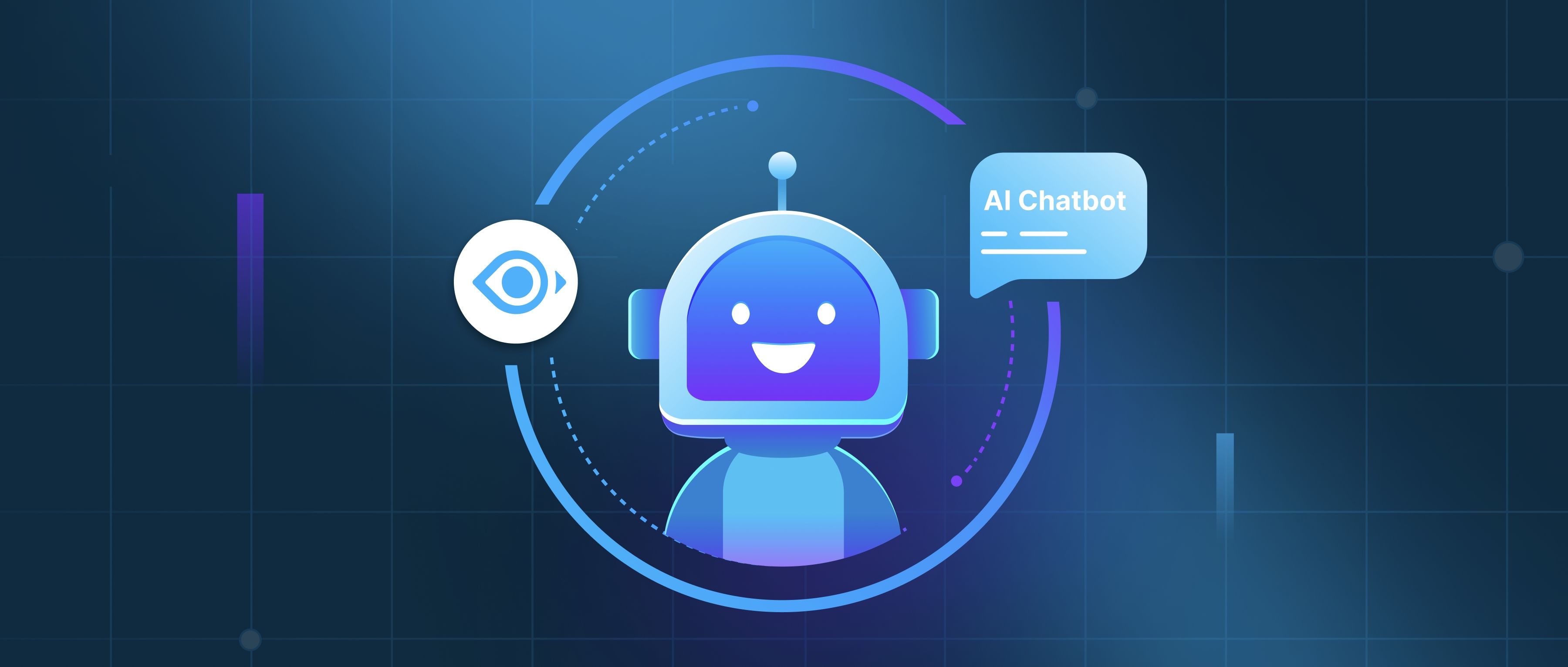To become an expert in computer vision, start with foundational topics like image processing, feature extraction, and traditional computer vision techniques (e.g., edge detection, filtering, and keypoint detection). Then, delve into machine learning and deep learning, focusing on models such as convolutional neural networks (CNNs) and transformers for vision tasks. Master frameworks like OpenCV, PyTorch, and TensorFlow, which are essential for implementing and experimenting with computer vision algorithms. Familiarity with datasets like ImageNet, COCO, and Open Images is important for training and evaluating models. Advanced topics include 3D vision, stereo imaging, SLAM (Simultaneous Localization and Mapping), and multimodal learning. Staying updated with the latest research and participating in projects or competitions can also accelerate your expertise.
What should I learn to become an expert in Computer Vision?

- AI & Machine Learning
- Information Retrieval 101
- Retrieval Augmented Generation (RAG) 101
- Getting Started with Zilliz Cloud
- Embedding 101
- All learn series →
Recommended AI Learn Series
VectorDB for GenAI Apps
Zilliz Cloud is a managed vector database perfect for building GenAI applications.
Try Zilliz Cloud for FreeKeep Reading
Does Clawdbot store my personal data?
Clawdbot can store personal data, but only in the places you (as the operator) choose to persist it—primarily on the mac
What are some popular few-shot learning algorithms?
Few-shot learning is a branch of machine learning that aims to train models using very few examples, which is beneficial
How does LIME (Local Interpretable Model-Agnostic Explanations) work?
LIME, or Local Interpretable Model-Agnostic Explanations, is a technique used to improve the interpretability of complex